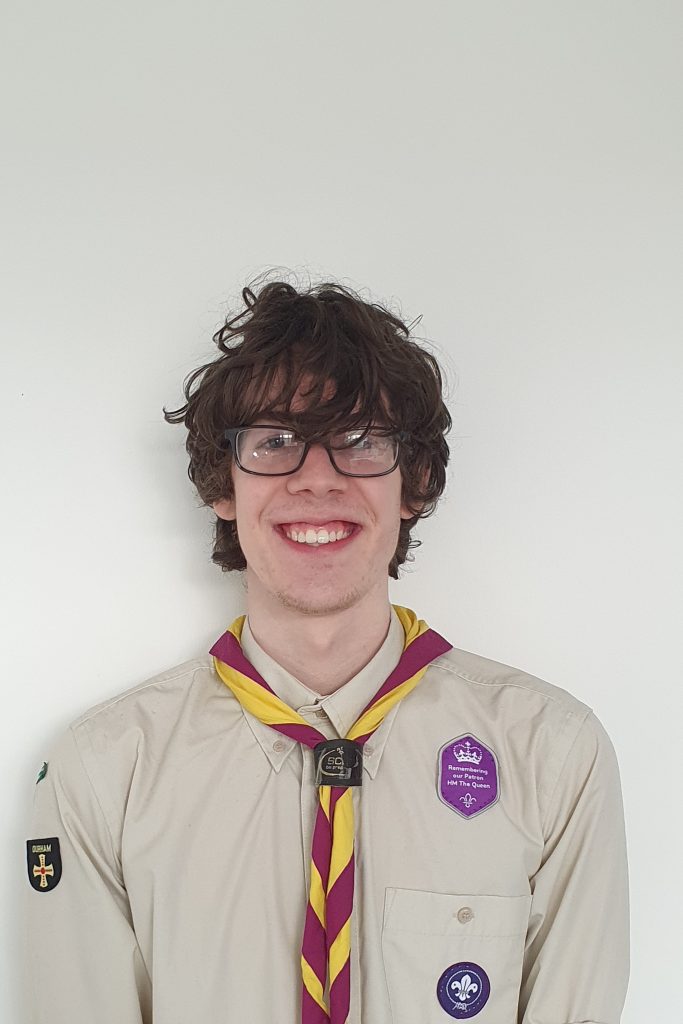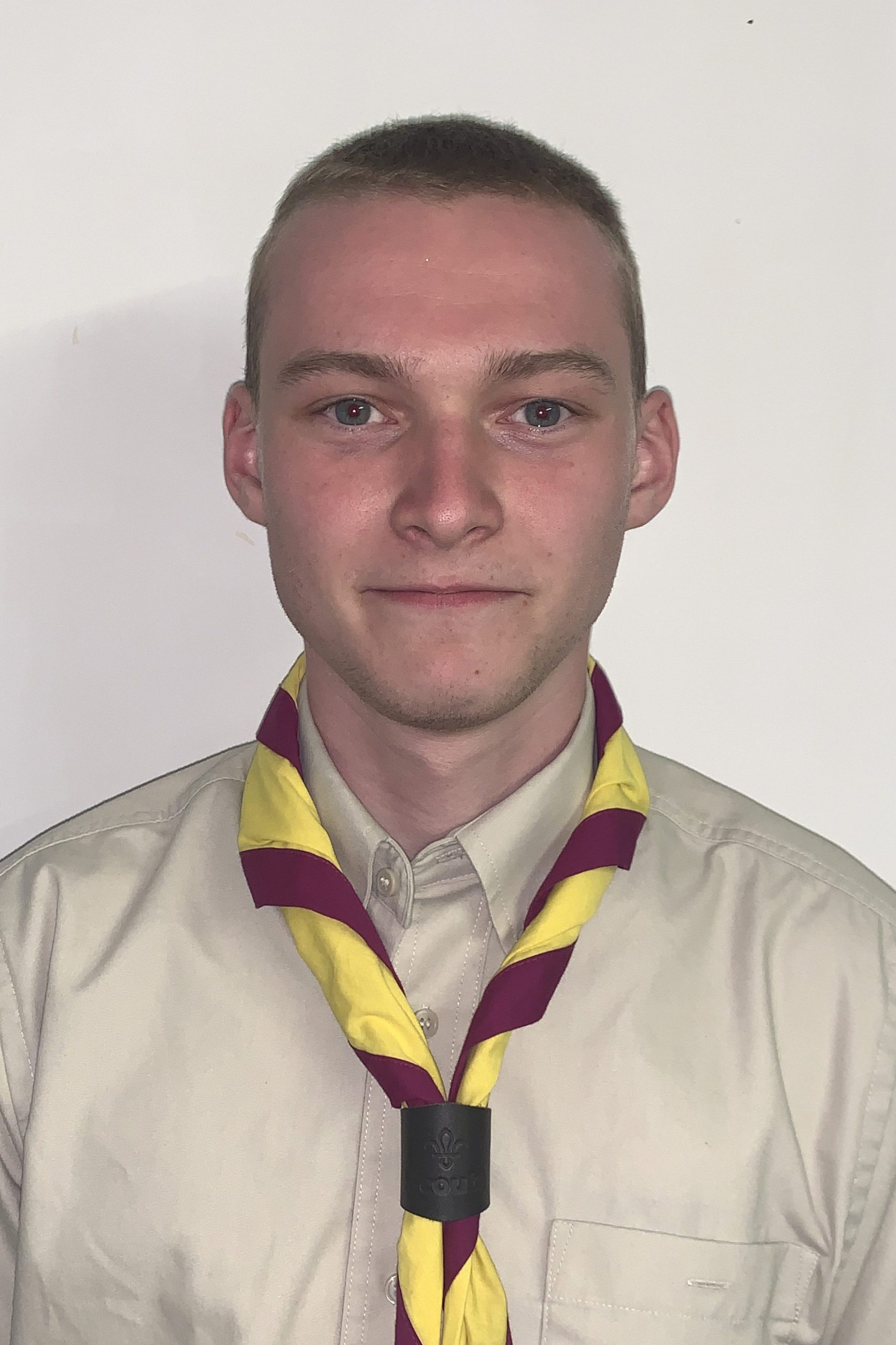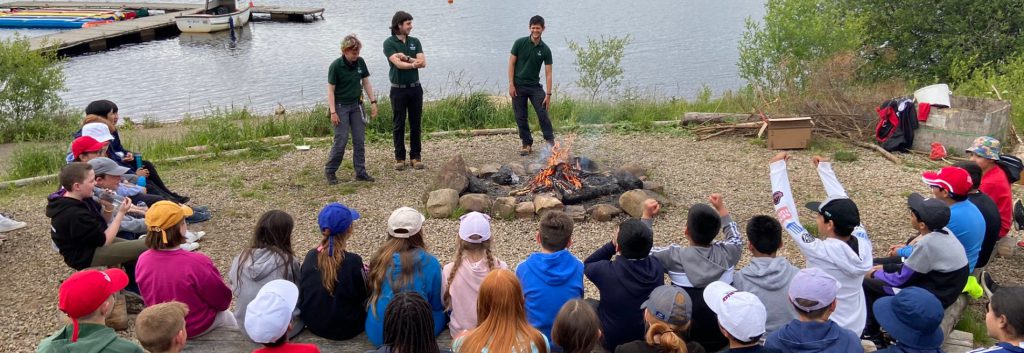
12th Gateshead Scouts
People & policies
Quick Links
Data processing & cookie policy
Adult Volunteers
We rely on a team of volunteers to run our scout program. You can make a difference and volunteer as a leader, just visit: the volunteering with scouts website link here to start the application process, or pop in and have a chat with one of us.
Note: for more information on the leaders, just click on their names.
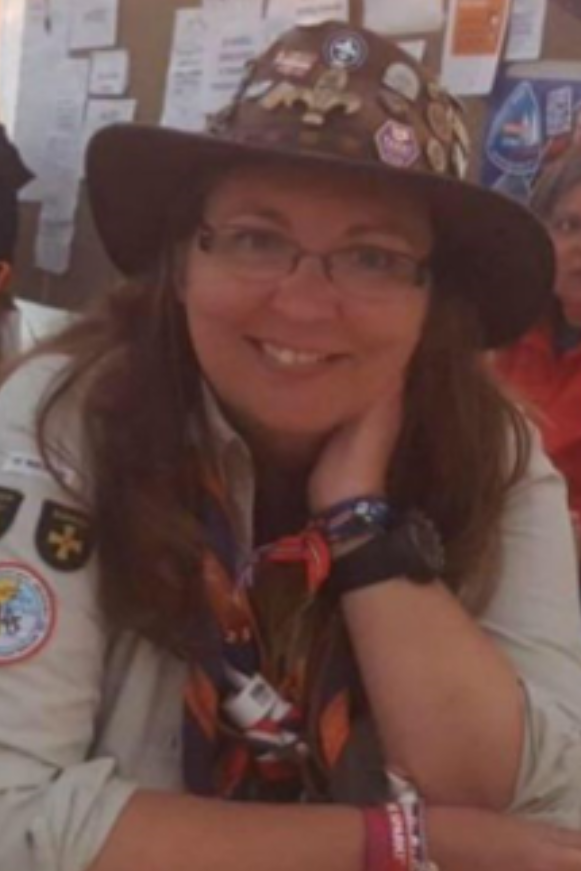
Susan Reece
Group Lead Volunteer
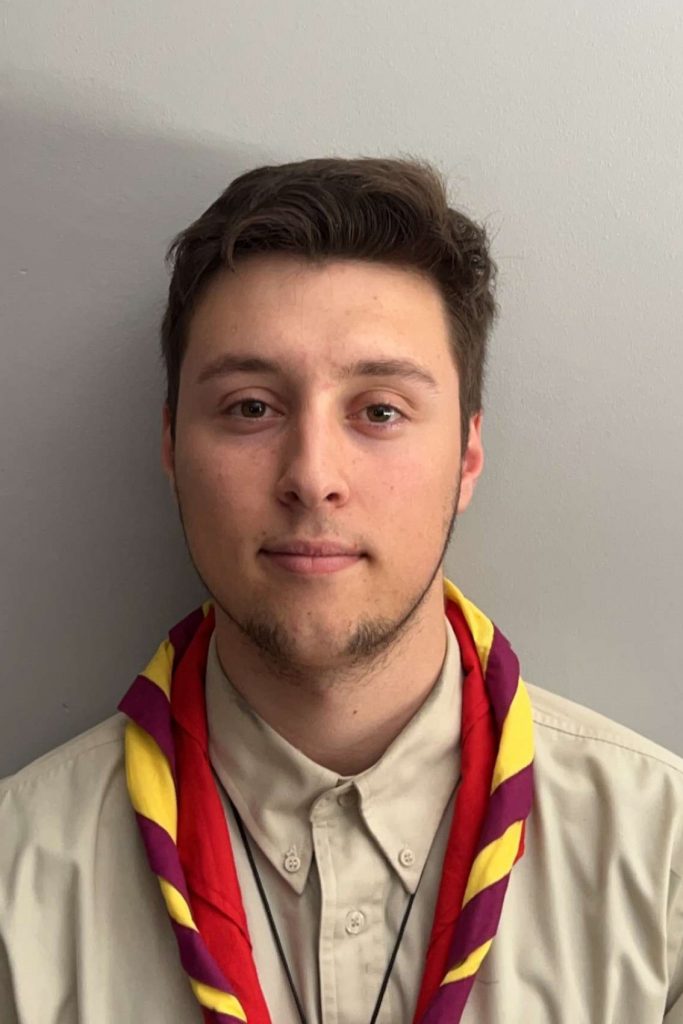
Matthew Corder
Scouts Lead Volunteer / Cubs Volunteer
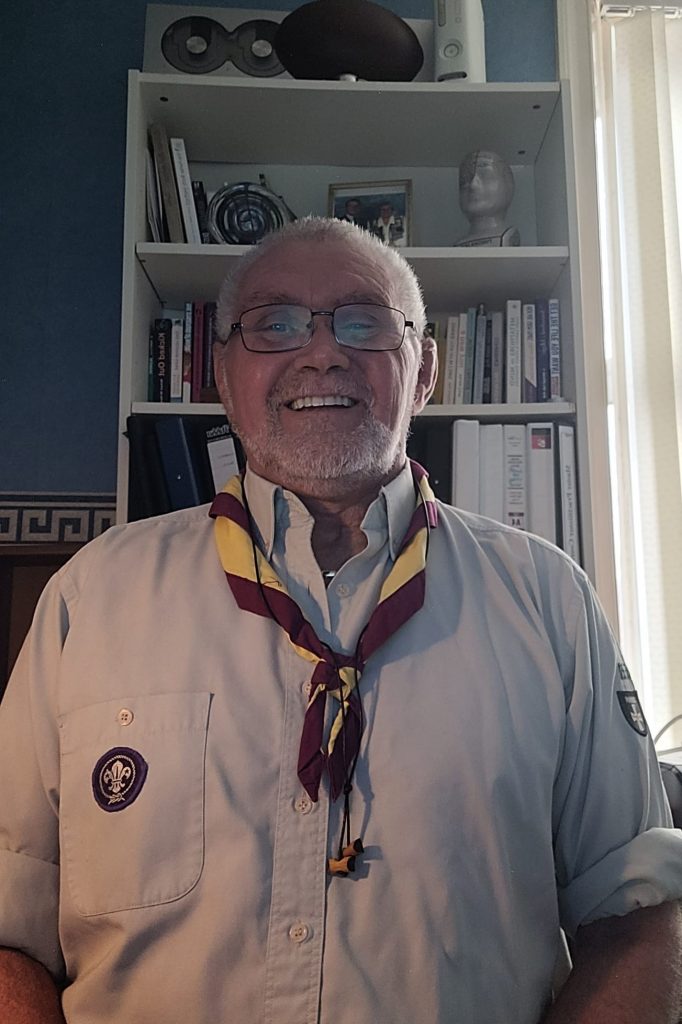
Alan Scott
Long Standing Volunteer / All Sections Helper
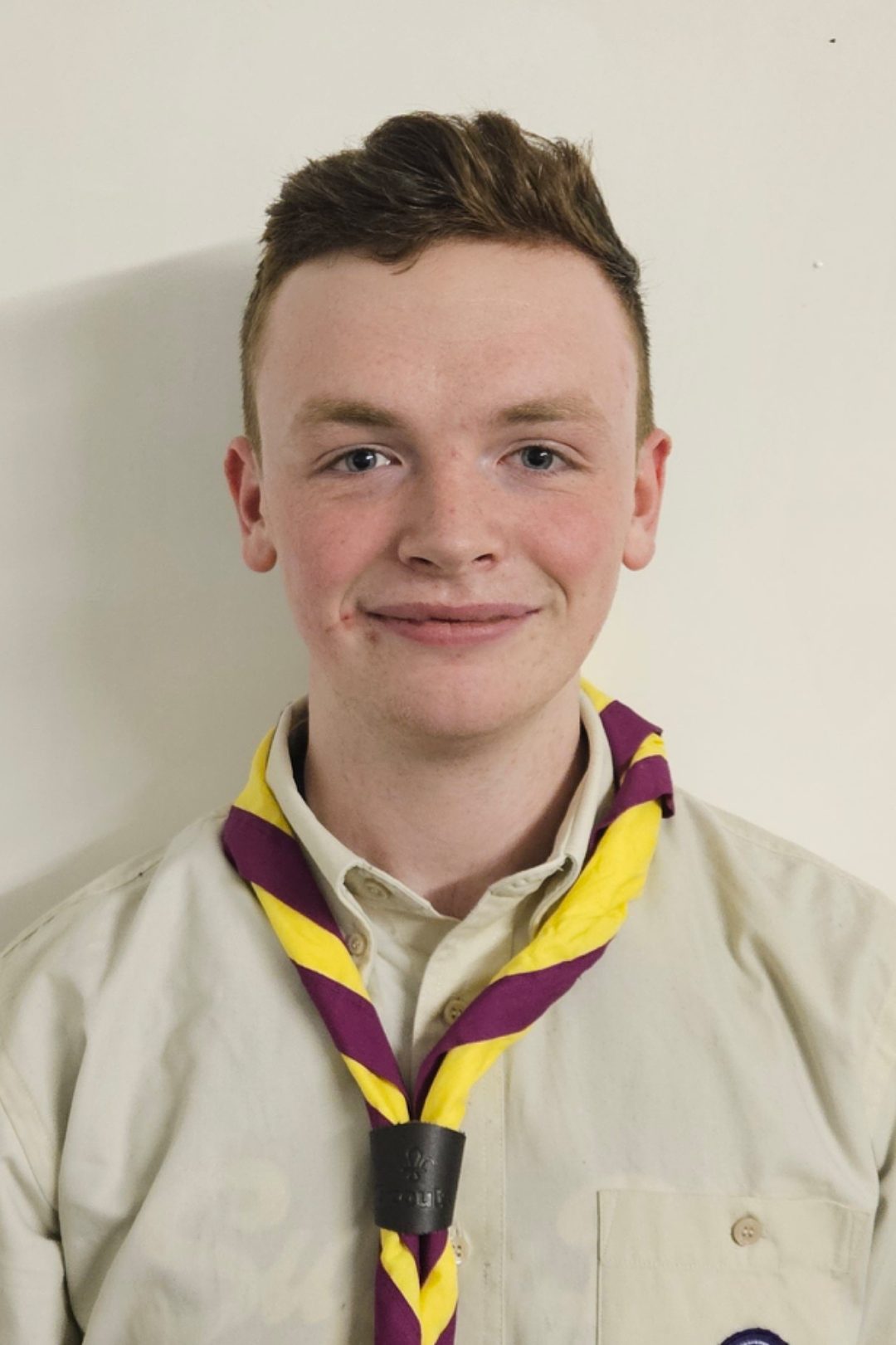
Luke Abbott
Beavers Lead Volunteer / Scouts Volunteer
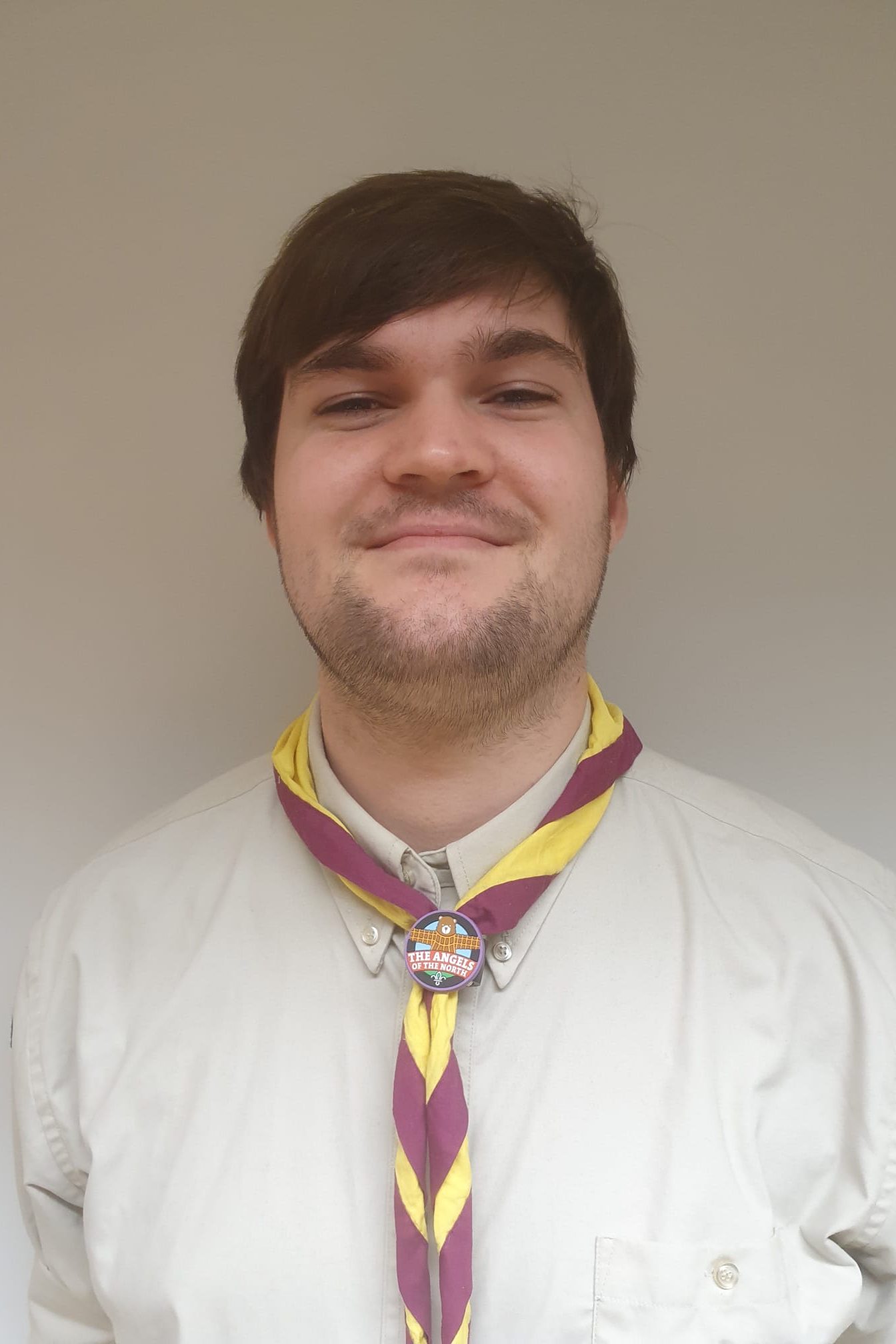
Jack Coleman
Explorers Lead Volunteer
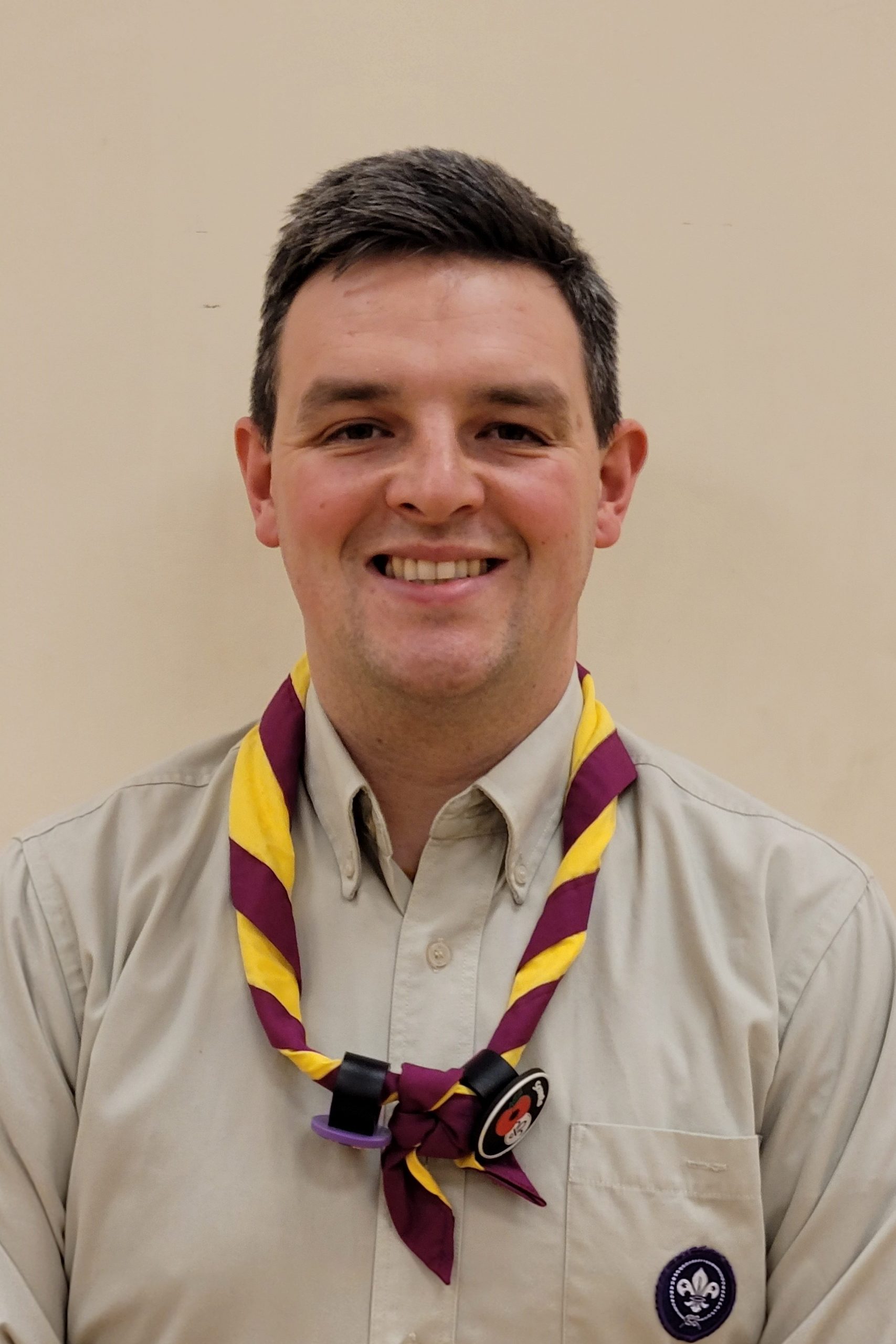
Calum Abbott
Long Standing Volunteer / All Sections Helper
The fundamentals of scouting
The purpose of scouting
Scouting actively engages and supports young people in their personal development, empowering them to make a positive contribution to society.
The values of scouting
As Scouts we are guided by these values:
- Integrity – We act with integrity; we are honest, trustworthy and loyal.
- Respect – We have self-respect and respect for others.
- Care – We support others and take care of the world in which we live.
- Belief – We explore our faiths, beliefs and attitudes.
- Cooperation – We make a positive difference; we cooperate with others and make friends.
The scout method
Scouting takes place when young people, in partnership with adults, work together based on the values of Scouting and:
- enjoy what they are doing and have fun;
- take part in activities indoors and outdoors;
- learn by doing;
- share in spiritual reflection;
- take responsibility and make choices;
- undertake new and challenging activities; and
- make and live by their Promise.
Annual reports
Overview
Each section leader will endeavour to produce an annual report, which will be compiled alongside the annual accounts for the previous year. These will be produced ahead of the annual general meeting.
Reports
2023/2024:
Group Executive
Overview
The Group Executive Committee supports the Group Scout Leader and ensures the effective administration of the Scout Group. The Group Scout Leader nominates the Group Chair and the relationship should be one of partnership and mutual support.
The Group Executive Committee aims to make sure that the Scout Group has the facilities and resources needed to deliver good Scouting in the Group.
This includes:
- the maintenance of the Group’s property and equipment
- the raising of funds and the administration of the Group’s finance
- the insurance of persons, property and equipment
- Group public occasions
- assisting with the recruitment of Leaders and other adult support
This is taken from chapter three, of Policy, Organisation and Rules.
Membership
The Group Executive consists of some people who are members because of their role in Scouting (the ex-officio members), these are:
- Group Scout Leader
- Group Chair
- Group Treasurer
- Group Secretary
- Assistant Group Scout Leader (if any)
- All Section Leaders (i.e. individuals holding a Beaver Scout Leader, Cub Scout Leader or Scout Leader role) subject to that Section Leader expressly indicating to the AGM (in writing or orally at the meeting) that they are willing to perform such a function
In addition to the ex-officio members, there are three other groups of people who may be members of the Group Executive:
- elected members – these are elected by the Group Council at the Annual General Meeting and there are normally four to six of them
- nominated members – these are nominated by the Group Scout Leader in consultation with the Group Chairman at the Annual General Meeting and there must be no more than the number of elected members
- co-opted members – these are co-opted by the Group Executive Committee and there must be no more than the number of elected members
Current Members
Adult Leaders:
- Susan Reece (Group Scout Leader)
- Luke Abbott
- Lewis Hunter
- Matthew Corder
- Jack Coleman
- Aaron Ridley
Parents:
- Doug Short (Chairman & Explorer Trustee)
- Rachael McLaughlan (Beaver Trustee)
- Donna Robson (Cub Trustee)
- Lucy Jackson-Hind (Cub Trustee)
- Frazer Gregory (Scout Trustee)
- Zoe Woodall (Scout Trustee)
- Helen Short (Explorer Trustee)
- Calum Abbott (Beaver Trustee)
Long standing members:
- Ken Murray (Treasurer)
Contact
The executive committee can be contacted with the email address found on the info & contact page.
Safety & safeguarding
Our commitment to safety and adventure
Scouting offers fun, challenge and adventure to young people all over the UK. We know that young people thrive in safe surroundings. We are therefore committed to ensuring that Scouting is both enjoyable and safe for everyone who takes part.
As a parent or carer, you will have questions about how we achieve this and we hope to provide the answers on this page. If you still have questions, please contact the Group Scout Leader or the Scout Information Centre on 0845 300 1818 or email info.centre@scouts.org.uk.
Assessing Risks
Assessing risk in order to reduce or remove it is at the heart of safe Scouting and is present in everything we do. All adult leaders are trained to assess and minimise risks. Accidents and near misses are recorded and regularly reviewed by the Group Executive Committee.
How does Scouting appoint people who work with young people?
All those who help to run our activities are volunteers who give their time freely to help young people enjoy Scouting.
Leaders are interviewed locally and are asked to provide references. Everyone working with young people in Scouting is required to undertake a Disclosure and Barring Service (DBS) check. If you are asked to help with activities you may be asked to complete this process too.
Is there a written code of behaviour?
We have a clear code of behaviour (sometimes called the ‘Yellow Card’) which is given to all adults working in Scouting, regardless of their role. This is also included in the training that leaders receive. This gives advice about how young people should be treated and we expect and we expect everyone to follow it. If you volunteer to help out with an activity, you’ll be given one too.
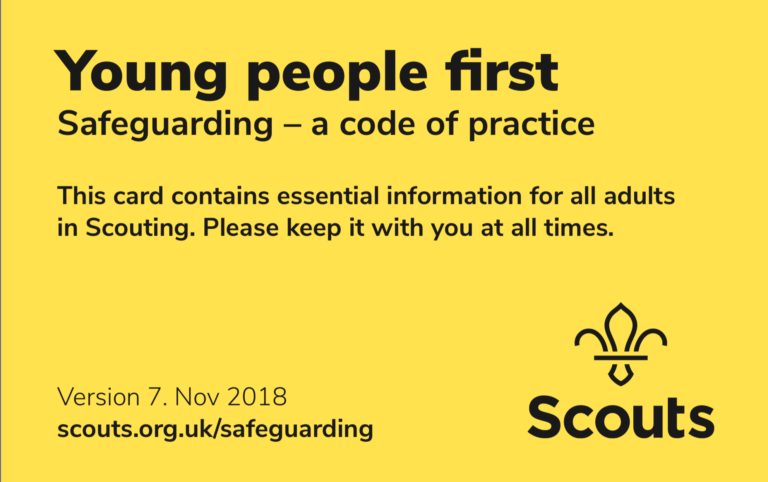
If you would like to see a copy of the code of behaviour for adults visit www.scouts.org.uk/safeguarding or call us on 0845 300 1818.
How is Scouting managed locally?
The Scout Group has a Group Scout Leader (GSL). This person is responsible for leading the Scout Group; they act as the ‘manager’ for the volunteers in the Scout Group.
The Group Scout Leader is responsible to the District Commissioner (DC). This is the volunteer manager responsible for a geographical area – in our case Gateshead within County Durham. The District Commissioner can be contacted through the following link (under Gateshead) https://www.durhamscouts.org.uk/about-us/districts/ or via the Scout Information Centre on 0845 300 1818.
Do leaders receive training?
Yes– all leaders in Scouting have training which covers a wide range of topics including how to plan activities and games.
We expect all leaders to take courses in basic first aid and child protection. Specialist training is provided for those taking young people away on residential events such as camps and sleepovers.
How can I raise any concerns or comment on activities?
If you are unhappy with anything relating to your child’s time in Scouting you should raise it with your child’s leaders. If you would rather speak to someone else, please contact the Scout Information Centre on 0845 300 1818.
The 12th Gateshead scout group has a complaints process linked here which is linked to the Scout Association’s complaints policy which is available at www.scouts.org.uk/complaints.
We are committed to ensuring that Scouting is both enjoyable and safe for everyone who takes part.
Does the Scout Association have a Safety Policy?
Yes. As an organisation that provides exciting activities to young people we take safety very seriously. If you are concerned about the safety of any Scouting activity and would like to know more about the safety arrangements in place, you should speak to the Beaver, Cub or Scout Leaders. You can also call the Scout Information Centre on 0845 300 1818, if you prefer.
What are the arrangements for outings or camps?
All leaders taking round people on outings or camps will give you notice in writing, asking for your permission and provide you with a way of contacting the group whilst they are away.
We will never ask to take individual young people away on their own or without another adult being present. ALL residential activities (camps and sleepovers) will have at least two adults present, unless the young people involved are Scouts, participating in an expedition or event where adults are not expected to attend at all. We will tell you if there is to be no adult presence at an activity.
No young people under the age of 18 are allowed to consume alcohol while on Scouting activities.
No Scouting activities ever take place while there is only one adult and one child present.
The NSPCC says that parents should be wary of:
- activities where parents are discouraged from staying to watch or become involved
- behaviour or activities that encourage rough play, sexual innuendo or humiliating punishments
- individuals who take charge and operate independently of organisational guidelines
- individuals who show favouritism or personally reward specific children
- encouragement of inappropriate physical contact
- poor communication and lack of parental involvement, leaving you feeling uneasy
- children who drop out or stop going for no apparent reason
- invitations for children to spend time alone with staff or volunteers (or even to visit their home)
We agree with the NSPCC and we would not expect any of these to occur in Scouting.

